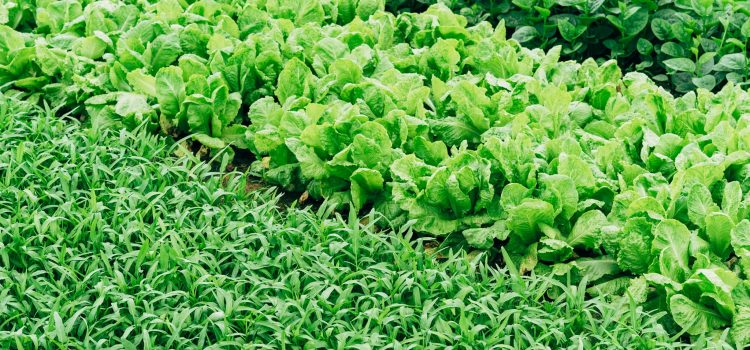
Gardening is a wonderful way to connect with nature and create a beautiful outdoor space. However, traditional gardening practices can often be harmful to the environment. From using chemical fertilizers and pesticides to wasting water, many gardeners unknowingly contribute to environmental degradation. Fortunately, there are many eco-friendly practices that you can adopt to create a sustainable garden that is both beautiful and beneficial to the planet. In this article, we will explore some of the best sustainable gardening practices that you can adopt today.
What is Sustainable Gardening?
Sustainable gardening is a method of gardening that seeks to minimize harm to the environment while still producing beautiful and healthy plants. This involves using natural methods to control pests and diseases, conserving water, and reducing the use of harmful chemicals. Sustainable gardening also involves choosing plants that are well-suited to your local climate and soil conditions, and that support local wildlife.
Eco-Friendly Practices to Adopt Today
1. Composting: Composting is a great way to reduce waste and create nutrient-rich soil for your garden. By composting your food scraps and yard waste, you can create a natural fertilizer that will help your plants thrive.
2. Water Conservation: Water is a precious resource, and it’s important to conserve it whenever possible. One way to do this is by using a rain barrel to collect rainwater for your garden. You can also reduce water usage by choosing drought-tolerant plants and using mulch to retain moisture in the soil.
3. Natural Pest Control: Chemical pesticides can be harmful to the environment and to beneficial insects like bees and butterflies. Instead, try using natural pest control methods like companion planting, which involves planting certain plants together to repel pests.
4. Native Plants: Choosing native plants for your garden is a great way to support local wildlife and reduce the need for fertilizers and pesticides. Native plants are well-adapted to your local climate and soil conditions, and they provide food and habitat for local wildlife.
5. Organic Fertilizers: Chemical fertilizers can be harmful to the environment and can leach into groundwater. Instead, try using organic fertilizers like compost or manure, which are rich in nutrients and won’t harm the environment.
6. Mulching: Mulching is a great way to retain moisture in the soil and suppress weeds. By using organic mulch like leaves or straw, you can also add nutrients to the soil and reduce the need for fertilizers.
7. Reduce Waste: Gardening can generate a lot of waste, from plastic pots to plant trimmings. Try to reduce waste by reusing pots and containers, composting plant trimmings, and recycling any plastic or other materials that you can’t reuse.
Creating a sustainable garden is a great way to connect with nature and support the environment. By adopting eco-friendly practices like composting, water conservation, and natural pest control, you can create a beautiful and healthy garden that benefits both you and the planet. So why not start today?










